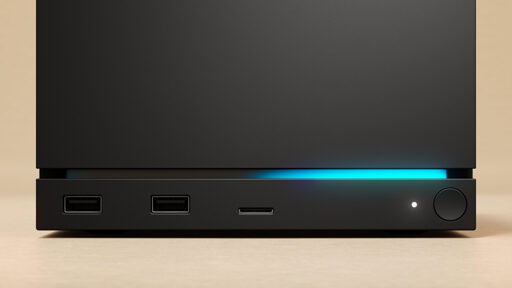- cross-posted to:
- [email protected]
- cross-posted to:
- [email protected]
The title is a bit misleading, as the article lists diverging analysts’ opinions, ranging from Valve willing to sell at a loss or low margins, to high prices due to RAM and SSD price volatility.
cross-posted from: https://lemmy.blackeco.com/post/2330473



Can get an ‘aoostar GODY’ on AliExpress for US$1000. Basically the same GPU, 16GB RAM, 512GB SSD. The steam machine has less cores and less ethernet. Though it also has a way bigger heatsink, LEDs and extra Bluetooth/valve gamepad antenna.
Comparing the deck to comparative brands, it is wayyy cheaper. I think valve are going to be aggressive on price, especially when the CPU/GPU are fairly old and meek.
The Steam Machine seems to be using the Nintendo model of using low cost off-the-shelf parts instead of expensive custom components.
Then again the Steam controller and VR headset seem kind of fancy.
Hopefully, they get very popular and manages to steal significant market share from Windows.
Yeah true the index headset wasn’t a bargain compared to the quests that were clearly being sold as cheaply as possible.
Meta sold Quest headsets at a loss to cover the market. Valve sold the Index for profit.
And beyond the aggressive pricing, the one major benefit over other miniPC makers is the extensive support.
I have a Minisforum mini PC. Took Minisforum over a year to release BIOS updates that were finished in March 2024… and against all CS promises it still hasn’t fixed the initial discrepancies (advertised as the only 8945HS mini PC that can go over 57W due to their improved cooling, and the only Ryzen 8000 series APU that can handle RAM at 5400-5600MT/s - still can’t get power over 57W and even though I have compatible RAM, it refuses to clock over 4800MHz, and there’s no option to configure it either).
Meanwhile Valve is still dropping improvements on the Steam Deck, 3.5 years after release.